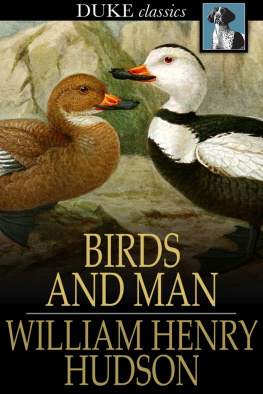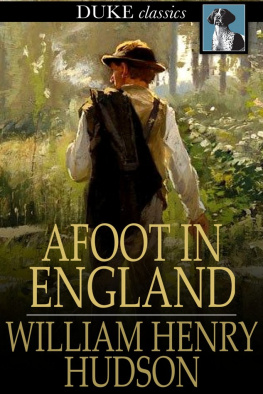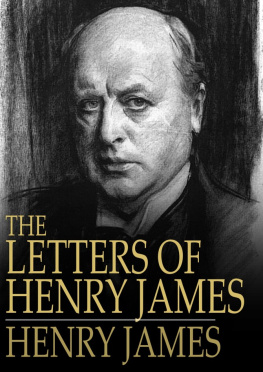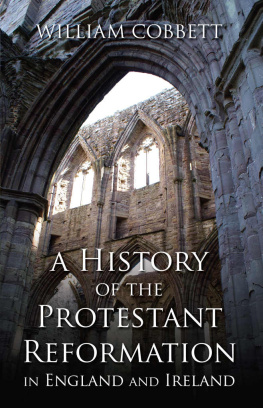A SHORT HISTORY
OF
ENGLISH AGRICULTURE
BY
W.H.R. CURTLER
OXFORD
AT THE CLARENDON PRESS
1909
HENRY FROWDE, M.A.
PUBLISHER TO THE UNIVERSITY OF OXFORD
LONDON, EDINBURGH, NEW YORK
TORONTO AND MELBOURNE
PREFACE
'A husbandman', said Markham, 'is the master of the earth, turning barrenness into fruitfulness, whereby all commonwealths are maintained and upheld. His labour giveth liberty to all vocations, arts, and trades to follow their several functions with peace and industrie. What can we say in this world is profitable where husbandry is wanting, it being the great nerve and sinew which holdeth together all the joints of a monarchy?' And he is confirmed by Young: 'Agriculture is, beyond all doubt, the foundation of every other art, business, and profession, and it has therefore been the ideal policy of every wise and prudent people to encourage it to the utmost.' Yet of this important industry, still the greatest in England, there is no history covering the whole period.
It is to remedy this defect that this book is offered, with much diffidence, and with many thanks to Mr. C.R.L. Fletcher of Magdalen College, Oxford, for his valuable assistance in revising the proof sheets, and to the Rev. A.H. Johnson of All Souls for some very useful information.
As the agriculture of the Middle Ages has often been ably described, I have devoted the greater part of this work to the agricultural history of the subsequent period, especially the seventeenth, eighteenth, and nineteenth centuries.
W.H.R. CURTLER.
May 22, 1909.
CONTENTS
Communistic Farming.Growth of the Manor.Early Prices.The Organization and Agriculture of the Manor
The Thirteenth Century.The Manor at its Zenith, with Seeds of Decay already visible.Walter of Henley
The Fourteenth Century.Decline of Agriculture.The Black Death. Statute of Labourers
How the Classes connected with the Land lived in the Middle Ages
The Break-up of the Manor.Spread of Leases.The Peasants' Revolt.Further Attempts to regulate Wages.A Harvest Home.Beginning of the Corn Laws.Some Surrey Manors
1400-1540. The so-called 'Golden Age of the Labourer' in a Period of General Distress
Enclosure
Fitzherbert.The Regulation of Hours and Wages
1540-1600. Progress at lastHop-growing.Progress of Enclosure. Harrison's Description
1540-1600. Live Stock.Flax.Saffron.The Potato.The Assessment of Wages
1600-1700. Clover and Turnips.Great Rise in Prices.More Enclosure.A Farming Calendar
The Great Agricultural Writers of the Seventeenth Century.Fruit-growing. A Seventeenth-century Orchard
The Evils of Common Fields.Hops.Implements.Manures.Gregory King.Corn Laws
1700-65. General Characteristics of the Eighteenth Century.Crops. Cattle.Dairying.Poultry.Tull and the New Husbandry.Bad Times.Fruit-growing
1700-65. Townshend.Sheep-rot.Cattle Plague.Fruit-growing
1765-93. Arthur Young.Crops and their Cost.The Labourers' Wages and Diet.The Prosperity of Farmers.The Country Squire.Elkington.Bakewell.The Roads.Coke of Holkham
1793-1815. The Great French War.The Board of Agriculture.High Prices, and Heavy Taxation
Enclosure.The Small Owner
1816-37. Depression
1837-75. Revival of Agriculture.The Royal Agricultural Society.Corn Law Repeal.A Temporary Set-back.The Halcyon Days
1875-1908. Agricultural Distress again.Foreign Competition. Agricultural Holdings Act.New Implements.Agricultural Commissions.The Situation in 1908
Imports and Exports.Live Stock
Modern Farm Live Stock
APPENDICES
Average Prices from 1259 to 1700
Exports and Imports of Wheat and Flour from and into England, unimportant years omitted
Average Prices per Imperial Quarter of British Corn in England and Wales, in each year from 1771 to 1907 inclusive
Miscellaneous Information
LANDMARKS IN ENGLISH AGRICULTURE
1086. Domesday inquest, most cultivated land in tillage. Annual value of land about 2d. an acre.
1216-72. Henry III. Assize of Bread and Ale.
1272-1307. Edward I. General progress. Walter of Henley.
1307. Edward II. Decline.
1315. Great famine.
1337. Export of wool prohibited.
1348-9. Black Death. Heavy blow to manorial system. Many demesne lands let, and much land laid down to grass.
1351. Statute of Labourers.
1360. Export of corn forbidden.
1381. Villeins' revolt.
1393. Richard II allows export of corn under certain conditions.
1463. Import of wheat under 6s. 8d. prohibited. End of fifteenth century. Increase of enclosure.
1523. Fitzherbert's Surveying and Husbandry.
1540. General rise in prices and rents begins.
1549. Kett's rebellion. The last attempt of the English peasant to obtain redress by force.
1586. Potatoes introduced.
1601. Poor Law Act of Elizabeth.
1645. Turnips and clover introduced as field crops.
1662. Statute of Parochial Settlement.
1664. Importation of cattle, sheep, and swine forbidden.
1688. Bounty of 5s. per quarter on export of wheat, and high duty on import.
1733. Tull publishes his Horse-hoeing Husbandry.
1739. Great sheep-rot.
1750. Exports of corn reached their maximum.
1760. Bakewell began experimenting.
1760 (about). Industrial and agrarian revolution, and great increase of enclosure.
1764. Elkington's new drainage system.
1773. Wheat allowed to be imported at a nominal duty of 6d. a quarter when over 48s.
1777. Bath and West of England Society established, the first in England.
1789. England definitely becomes a corn-importing country.
1793. Board of Agriculture established.
1795. Speenhamland Act. About same date swedes first grown.
1815. Duty on wheat reached its maximum.
1815-35. Agricultural distress.
1825. Export of wool allowed.
1835. Smith of Deanston, the father of modern drainage.
1838. Foundation of Royal Agricultural Society.
1846. Repeal of the Corn Laws.
1855-75. Great agricultural prosperity.
1875. English agriculture feels the full effect of unrestricted competition with disastrous results.
" First Agricultural Holdings Act.
1879-80. Excessive rainfall, sheep-rot, and general distress.
CHAPTER I
COMMUNISTIC FARMING.GROWTH OF THE MANOR.EARLY PRICES.THE ORGANIZATION AND AGRICULTURE OF THE MANOR
When the early bands of English invaders came over to take Britain from its Celtic owners, it is almost certain that the soil was held by groups and not by individuals, and as this was the practice of the conquerors also they readily fell in with the system they found. These English, unlike their descendants of to day, were a race of countrymen and farmers and detested the towns, preferring the lands of the Britons to the towns of the Romans. Co-operation in agriculture was necessary because to each household were allotted separate strips of land, nearly equal in size, in each field set apart for tillage, and a share in the meadow and waste land. The strips of arable were unfenced and ploughed by common teams, to which each family would contribute.











